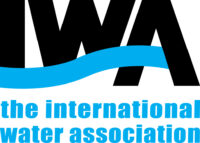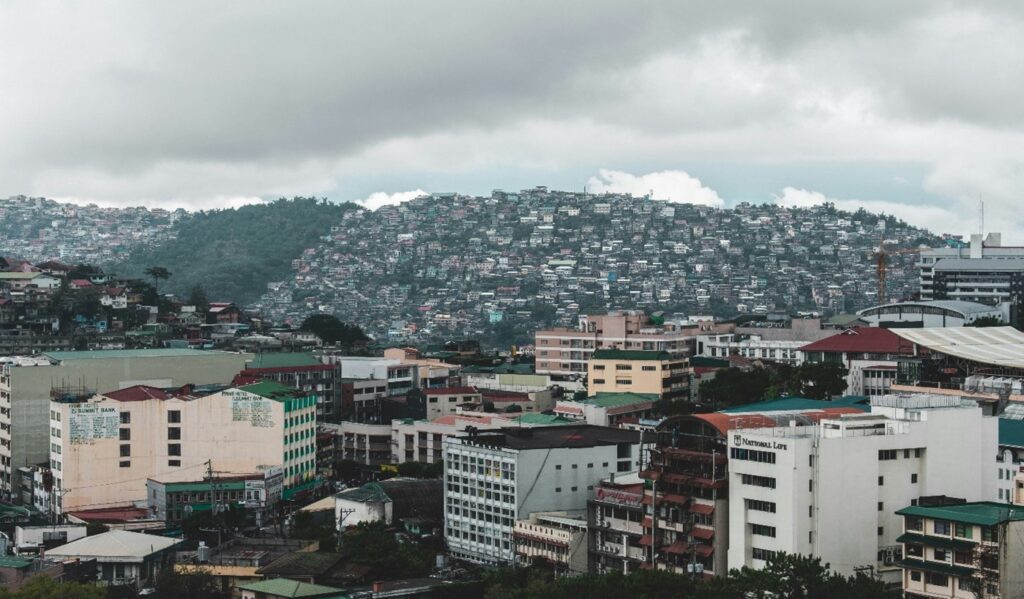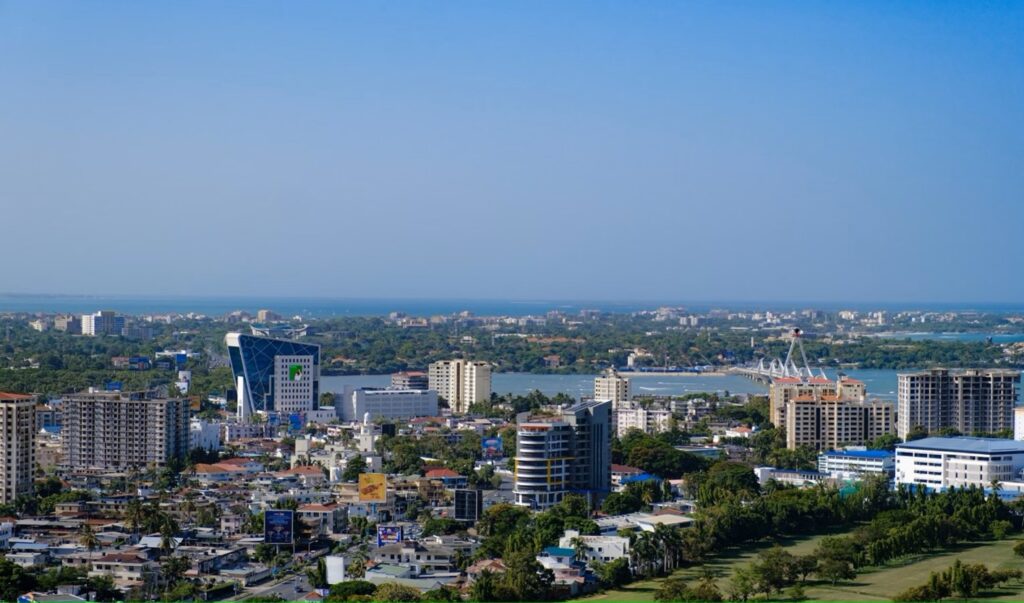Regulators undoubtedly have an important role to play in creating strategies to enable companies to implement inclusive WASH services. Through IWA’s Regulating for Citywide Inclusive Sanitation initiative, many opportunities for regulators to play a pivotal role in working towards the relevant Sustainable Development Goals have been identified. Positively, there are some compelling case studies already happening within urban areas, which have the potential to be utilised on a broader scale.
Broadening regulatory horizons: promoting citywide inclusive sanitation
Regulators undoubtedly have an important role to play in creating strategies to enable companies to implement inclusive WASH services. Through IWA’s Regulating for Citywide Inclusive Sanitation initiative, many opportunities for regulators to play a pivotal role in working towards the relevant Sustainable Development Goals have been identified. Positively, there are some compelling case studies already happening within urban areas, which have the potential to be utilised on a broader scale.
A key instrument in Brazil is the ‘Municipal Basic Sanitation Plan’, a document that each municipality has to prepare in order to identify actions to improve sanitation. In this plan, there are targets that municipalities need to reach over time. As a result, regulators can easily check if the targets have been achieved, or they can propose an action plan to achieve goals related to ensuring drinking water and sewage services for all. Action plans can be very helpful to focus attention on the needs of socially vulnerable areas, such as precarious urban settlements. This ensures that the delivery of inclusive sanitation services leaves no one behind.
The Regulatory Agency of Water Supply and Sewage Service (ARSAE-MG), where I work, has created a plan to provide drinking water and sewage services to all unserved areas in the state of Minas Gerais in Brazil. According to the National Sanitation Information System, in Minas Gerais there are about 3.7 million inhabitants without water supply service and 4.9 million without sewage collection. In the whole of Brazil, about 35 million people do not have access to public drinking water, and more than 100 million do not have public sewage collection. The Ministry of Health estimates that there are around 13.000 admissions per month in Brazilian public hospitals due to sanitation-related diseases.
To improve sanitation services, the Agency has developed a standardised approach that allows municipalities to receive up to 4% of the net revenue from water supply and sewage services for their Municipal Sanitation Fund. Municipalities can use this fund to expand sanitation services in unserved areas. More than 150 municipalities have received this revenue to date and have improved their service coverage. In total, these municipalities have access to approximately €17 million ($20 million) annually.
“In the midst of the serious situation of budgetary constraints caused by the pandemic, the transfer of funds to the Municipal Sanitation Fund is indispensable for the promotion of improvements in basic sanitation conditions.”- Luís Arthur Amaral Silva, Environmental Department of Carandai, Minas Gerais (Brazil).
In addition, the Agency has also used another strategy called geographical cross-subsidy. This approach is particularly relevant for regional service providers. Regional sanitation companies serve many municipalities. Some municipalities may be more profitable than others. The cross-subsidy allows revenue obtained in one municipality to be invested in another less profitable municipality in greater need of improvement. Through this mechanism, it is possible to accelerate service expansion.
These approaches can help achieve inclusive sanitation and deliver WASH services in challenging areas. However, more can be done, and we should keep exploring new ways towards delivering inclusive sanitation. Professionals interested in this area should look to investigate additional ways to deliver a truly universal sanitation service.
I have often heard sanitation companies saying: “It is so expensive to provide water and sewage services for slums and settlements”. Then, I ask myself: What should be the main target of sanitation companies? In my opinion, the answer is simple: to provide drinking water and sewage collection for all.
Regulators have a central role in creating strategies to make investments for sanitation less burdensome, bureaucratic, and targeted at those who need them the most. We can build bridges among foundations, governments, banks, and sanitation companies to secure financial funding for universal and inclusive sanitation initiatives. Sanitation means health, and health is the most valuable asset that we need to protect.
To celebrate and reflect on the first year of IWA’s Regulating for CWIS initiative, IWA is delighted to host a high-level online panel entitled ‘Citywide Inclusive Sanitation: Regulating challenges’ with panellists who sit on the Advisory Board and Task Force of the initiative. The online panel aims to speak about a diverse range of contexts and challenges around the key areas of priority of the initiative, focusing in particular on the vital role regulators can play in achieving CWIS and the needs, opportunities and tools for action required to support and inspire regulators.



